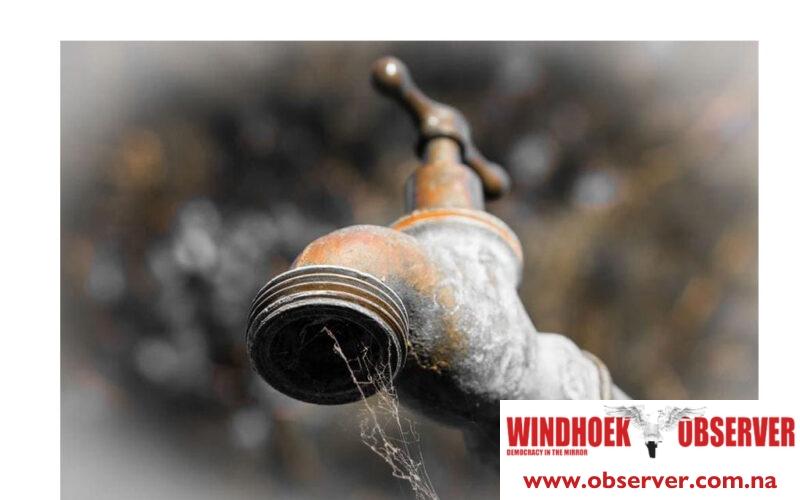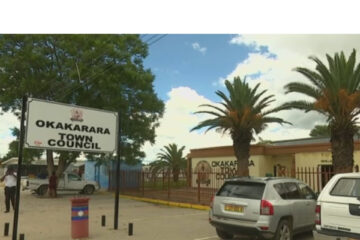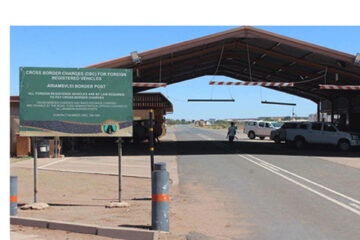Niël Terblanché
Combined efforts from government authorities, stakeholders, and residents are crucial in overcoming the challenges posed by the severe drought to ensure a reliable water supply.
In this regard, the Erongo Regional Council on Friday announced the implementation of water rationing measures in the settlements of Uis and Otjimbingwe.
The settlements, located within the Dâures and Karibib constituencies, will henceforth only have water supplied to residents at predetermined times of the day.
According to a statement, the regional council decided to introduce rationing in response to an ongoing drought that has significantly reduced the output of boreholes supplying communities in these settlements.
The council said that the persistent drought has led to a marked decrease in the yield of boreholes, resulting in insufficient water supply for the affected settlements.
In light of this, the Regional Council has deemed it necessary to enforce water rationing to manage the limited resources effectively.
“The council is collaborating closely with NamWater and other stakeholders to address the shortages and seeks to reassure residents that efforts are underway to mitigate the impact,” the statement reads.
Residents were urged to conserve water and use it sparingly during this challenging period.
The Council stressed the importance of community cooperation in managing scarce water resources to ensure equitable distribution and sustainability.
This is not the first instance of water rationing in the Erongo region. In 2016, the coastal towns of Swakopmund and Walvis Bay faced similar measures due to prolonged drought conditions that strained the region’s water supply.
The situation was exacerbated by the high demand from both residential and industrial sectors, particularly the mining industry, which relies heavily on water resources.
To address the chronic water scarcity, the Erongo Desalination Plant was commissioned in 2010 near Wlotzkasbaken.
Initially constructed to supply water to the Trekkopje uranium mine, the plant has since become a vital source of potable water for the region.
Over more than a decade of operation, the plant has provided more than 55 million cubic metres of water, which alleviated most of the pressure on traditional water sources.
Despite these efforts, the region continues to grapple with water shortages.
In June 2024, the Namibian government approved the construction of a second desalination plant, projected to produce approximately 20 million cubic metres of water annually.
Construction is slated to begin in January 2025, with completion expected by early 2027.
This initiative aims to meet the increasing water demands driven by urban growth, industrial activities, and agricultural needs.
The regional council’s proactive measures, including the enforcement of water rationing and collaboration with key stakeholders, reflect a commitment to managing the crisis effectively.
The council stated that the success of these conserving initiatives relies heavily on the cooperation and conscientious water use by all community members.




